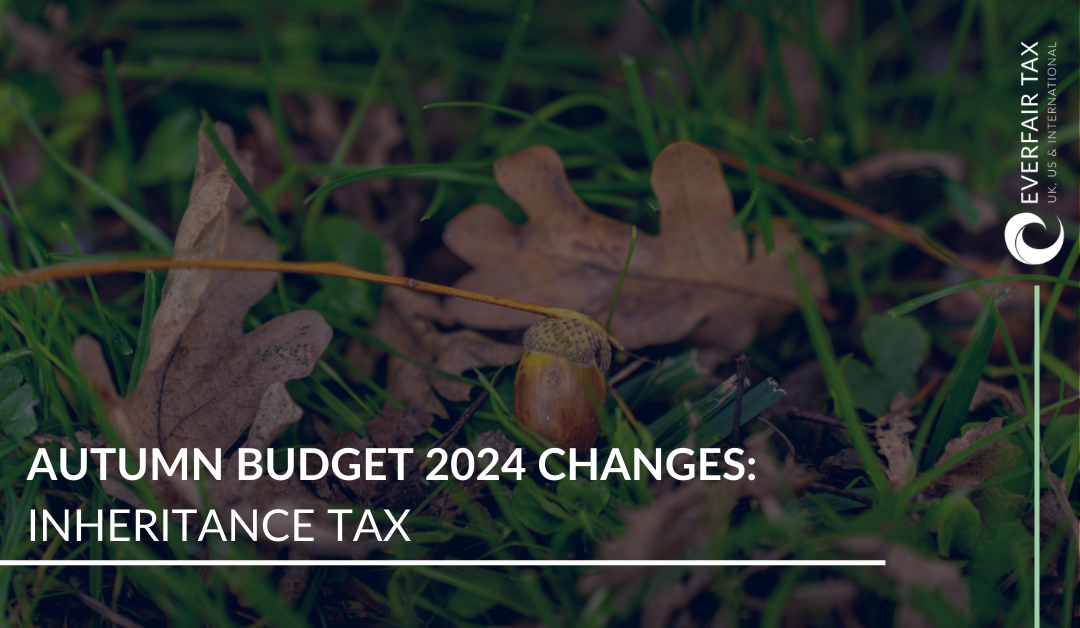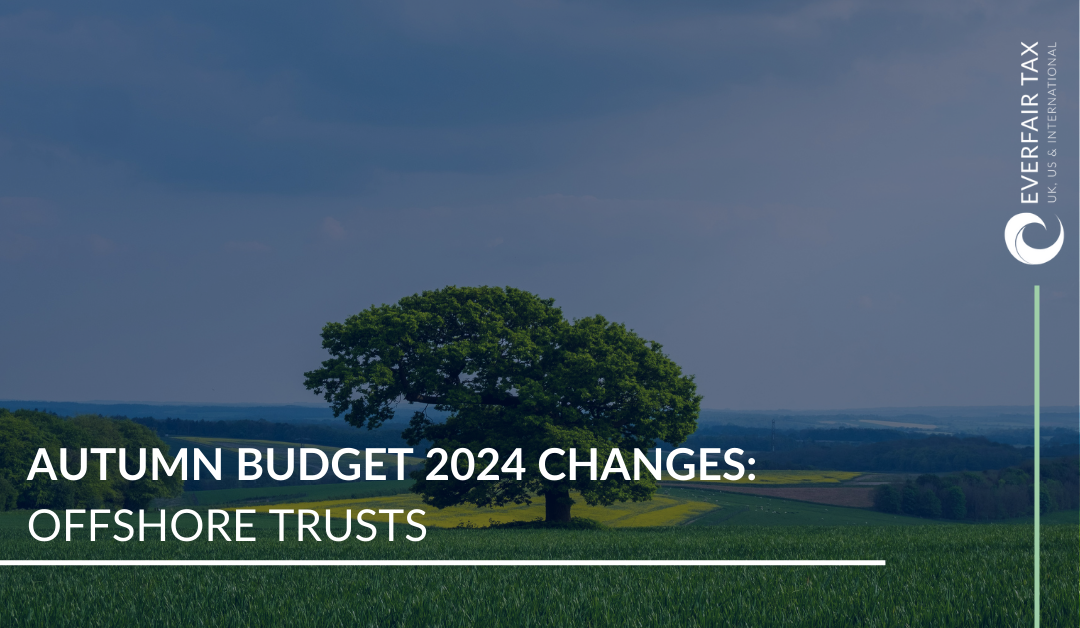Changes to Capital Gains Tax UK 2021 – how they’ll affect you:
9 December 2020
Capital Gains Tax UK & Inheritance Tax threshold UK in 2021 – what’s ahead? We’ll share our professional recommendations with you now. You can read now, or download the below PDF copy of this information, so that you can read in your own time.
How might Capital Gains Tax UK changes affect me, and what does it mean for the Inheritance Tax threshold UK?
Capital Gains Tax UK changes are coming. A recent report from the UK Office of Tax Simplification (OTS) following a review of the Capital Gains Tax (CGT) has outlined some recommended changes to Capital Gains Tax. The second part of the report is due in 2021.
Changes to UK CGT are likely to be an attractive option to the Chancellor as he looks at ways to reduce the borrowing taken to fund Covid 19 support measures. Here, we’ll share an executive-level breakdown of the changes, followed by a brief overview of how, in our experience, we feel this could impact you.
So, what are the changes to Capital Gains Tax UK?
Well, the report outlines eleven potential changes to the CGT which could raise a substantial amount for the government in increased tax revenue.
The main changes suggested are:
- CGT rates should be more closely aligned with income tax rates. This could see some current CGT rates double
- A new relief should be introduced to take account of inflation
- There should be more flexibility in how capital losses are used
- If capital gains tax rates are not aligned with income tax, changes should be introduced to the taxation of share based rewards for employees and small business owners, to increase the extent to which these are subject to income tax
- The annual exempt amount could be reduced from £12,300 per annum to between £2,000 and £4,000 – a dramatic decrease
- This should however, be combined with a wider exemption for personal effects, taking them out of the charge to CGT
- A CGT uplift should no longer be applied to assets exempt from IHT, and in fact potentially all inherited assets. Instead beneficiaries will pay CGT based on the price that the asset was purchased for originally. If the uplift on death is removed, the recommendation was that there should also be a greater ability for assets to be gifted CGT-free during lifetime, with again the recipient taking on the original purchase price of the asset
- There should also potentially be a flat rebasing of all assets for CGT to their value in the year 2000
- The report also recommended a reassessment of CGT reliefs as the OTS believe the Business Asset Disposal Relief and Investors’ Relief are not working. The suggestion is that the former should be replaced with a different scheme with its basis in retirement and the latter be scrapped.
We’ll now share how exactly these changes to Capital Gains Tax UK will affect you
The long and short of it is that, should these changes in CGT be taken forward by the UK Chancellor, many people could end up paying more in tax to the UK government.
Second-Home Owner and/or soon-to-inherit?
This is likely to be the case if you are set to inherit considerable assets, have an investment portfolio and/or a second home.
An increase in the CGT rate (to align with income tax rates) will no doubt result in a much higher liability being faced by those who choose to sell assets which have increased in value.
Coupled with a reduction in the annual exemption, this could present challenges for those looking to efficiently supplement pension income in retirement with funds from an investment portfolio.
The changes to how the CGT and IHT work together could also end up costing you more in tax pay-outs. Currently if you inherit an asset and sell it, the CGT is based on the difference in value between receiving and selling said asset. However, this will be changed, and it will become the difference between the date it was bought and the time it was sold. If this is no longer the case, there is potentially a double taxation issue to deal with, as both IHT and CGT will now be due in respect of the same asset.
Business Owner or Entrepreneur?
For business owner’s Business Asset Disposal Relief / BADR (otherwise previously known as Entrepreneurs Relief), is to be replaced with a system focused on retirement. This is likely to mean an introduction of an age limit, as well as increasing the holding period from two-to-ten years to ensure only those who have spent years building their businesses will actually benefit from the relief. For many entrepreneurs this will be an unwelcome follow on blow from the reduction in the level of this relief from £10 million to £1 million in April this year.
Our recommended next steps for you
If you are confused about what you need to do regarding these potential changes, or just want some impartial, sensible advice on the best course of action then speak to our professional tax specialists at Everfair today.
Allow us to find the right tax solution for your personal circumstances and set your mind at rest that you are doing the right thing for you, your family and your financial future. ,,https://www.everfairtax.co.uk/contact
News
For updates featuring tax changes, reminders for deadlines, pointers on how to maximise your accounts, and information on Everfair Tax and their activities: you need look no further than our news & resources pages.
Contact Us
Need some UK, US or International advice?
Contact us now.
Weybridge Office
Ground Floor, 37a Church Street
Weybridge, Surrey KT13 8DG
Tel: 01932 320 800
London Office
40 Gracechurch Street,
London, EC3V 0BT
Tel: 020 3949 5999
Email: info@everfairtax.co.uk


